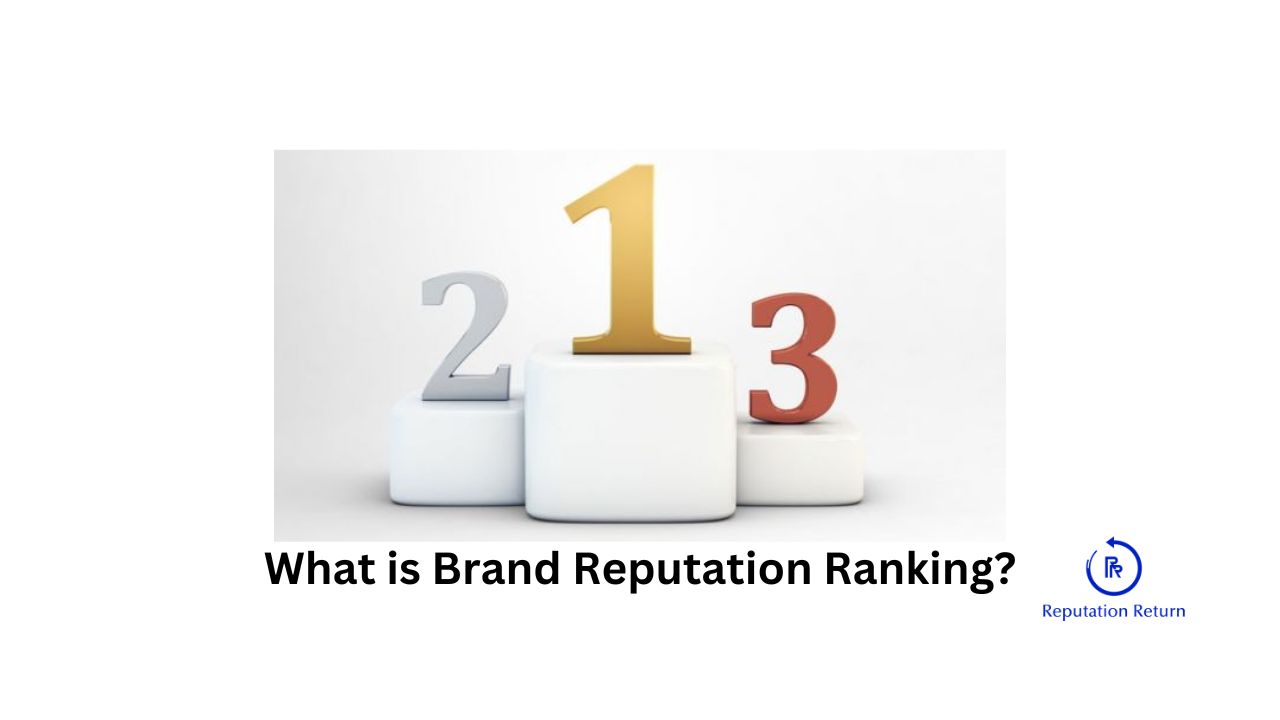Brand Reputation Ranking: Understanding and Enhancing Your Business’s Standing
Brand reputation ranking refers to the measurement and evaluation of how a brand is perceived by the public, customers, and stakeholders. It involves analyzing various factors such as customer reviews, social media presence, media coverage, and overall public sentiment to determine a brand’s standing in comparison to its competitors. A high brand reputation ranking indicates strong trust and positive perceptions, which can lead to increased customer loyalty, higher sales, and greater overall success.
Key Components of Brand Reputation Ranking
- Customer Reviews and Feedback: Online reviews on platforms like Google, Yelp, and Trustpilot significantly impact brand reputation. Positive reviews enhance reputation, while negative reviews can detract from it.
- Social Media Presence: Active and positive engagement on social media platforms contributes to a strong brand reputation. Monitoring and responding to comments, posts, and messages is crucial.
- Media Coverage: Positive media mentions, articles, and features in reputable publications can boost brand reputation. Negative press can harm it, making media relations an essential component.
- Search Engine Results: The content that appears when a brand is searched online influences public perception. SEO efforts to ensure positive content ranks higher are important.
- Public Sentiment: General public sentiment, which can be gauged through surveys and social listening tools, provides insight into how the brand is perceived overall.
Enhancing Brand Reputation Ranking
- Deliver Excellent Customer Service: Exceptional customer service leads to positive reviews and word-of-mouth recommendations. Addressing customer issues promptly and effectively is key.
- Engage on Social Media: Regularly post engaging content, respond to comments, and interact with followers to build a positive social media presence. Transparency and authenticity are important.
- Manage Online Reviews: Encourage satisfied customers to leave positive reviews and respond professionally to negative ones. Addressing issues openly can turn negative experiences into positive ones.
- Maintain Positive Media Relations: Foster relationships with journalists and media outlets. Proactively share positive news and respond to any negative coverage promptly and transparently.
- Optimize Online Presence: Use SEO strategies to ensure positive content ranks higher in search results. Regularly update your website and online profiles with accurate and positive information.
- Monitor Public Sentiment: Use tools to track public sentiment and address any negative trends. Regularly solicit feedback from customers and stakeholders to stay informed about perceptions.
Benefits of a High Brand Reputation Ranking
- Increased Trust and Loyalty: Customers are more likely to trust and remain loyal to a brand with a strong reputation.
- Competitive Advantage: A high reputation ranking can differentiate a brand from its competitors.
- Higher Sales and Revenue: Positive perceptions lead to increased customer acquisition and retention, driving sales and revenue.
- Attracting Talent: A strong reputation attracts top talent, enhancing the overall quality of the workforce.
Brand reputation ranking is a critical aspect of business success in today’s digital age. By understanding and actively managing the factors that influence brand reputation, businesses can enhance their standing, build trust with customers, and achieve long-term success. Regular monitoring, engagement, and proactive strategies are essential to maintaining a high brand reputation ranking.
Do you have questions about how we can customize your brand reputation ranking? Ask us here >>>

